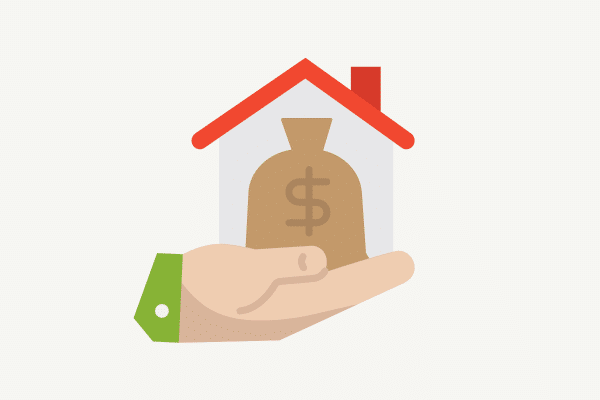
“I have a rental property. Can I write off business expenses or losses against my personal income?”
We get many questions about rental property, particularly, “How can I report my rental property as a business so I can write off my losses against my personal 1040 adjusted gross income?”
Several IRS factors determine whether you can claim your rental property as a Schedule C business or a Schedule E. The primary factor is whether you’re providing substantial services to your rental guests regularly.
Understanding Passive Activity
A passive rental typically occurs when someone owns a rental that is leased for more than seven days at a time or if the operations are managed by a property manager. These are the two most common tests, though not the only ones, that the IRS uses when reviewing a taxpayer’s return.
🏡 Passive Income from Your Rental Property
Generally, most rental profit and loss are considered passive, and a Schedule E is filed. If your rental shows a taxable loss, as a passive taxpayer, you can only deduct this loss against other passive income—not against your W2 wages or investment income. This is why many taxpayers hope to classify their rental real estate as a Schedule C business to offset losses against their W2 income.
❓ What Does the IRS Consider for My Rental to Qualify as a Business?
The IRS looks at whether the property you’re renting qualifies as a “business” by determining if you provide substantial services in conjunction with your rental.
Insubstantial Services
Some activities don’t count as “substantial services” and will typically require you to file under Schedule E on your personal tax return. These include:
- ✅ Providing basic utilities (heating, lighting, internet, etc.)
- ✅ Basic cleaning of common areas and grounds
- ✅ Trash services
- ✅ Paying bills and tracking income and expenses
- ✅ Performing your own repairs and maintenance
If these are the primary services you provide, your rental is likely considered passive, and you’ll file a Schedule E.
Substantial Services
On the other hand, if you’re providing services similar to those of a hotel, your rental may qualify as a business under Schedule C. These services might include:
- ✅ Regular cleaning services for guests
- ✅ Changing linens during a guest’s stay
- ✅ Offering tours, outings, or concierge-type services
- ✅ Physically preparing meals for guests
- ✅ Providing guest transportation
These services indicate that you’re operating a business, allowing your rental property to be classified under Schedule C.
❓What If You Provide Services to Your Guests?
Let’s say your rental property is a small bed and breakfast, and the average stay is less than seven days. If you’re providing substantial services like daily cleaning and meal preparation, you may be able to file as a Schedule C business. This can mean taxable rental profits are subject to self-employment tax, but it also allows you to deduct rental losses against W2 income, potentially lowering your overall taxable income.
For longer-term rentals (over seven days or month-to-month), or if you rent a room in your main residence, the IRS generally considers these passive activities. In this case, your rental would be classified as passive, and losses can only offset other passive gains.
💡 So… Can I Claim My Rental Property as a Business for Tax Purposes?
Whether you’re a casual renter or the owner of multiple rental units, most rental property owners are surprised to learn they can’t claim their rental real estate as a Schedule C business unless substantial services are being provided. The IRS sets a high bar for taxpayers looking to offset losses, so it’s crucial to understand the rules.
✅ Stay on the Right Side of the IRS
Navigating the IRS rules for rental real estate can be complex, and there’s a lot at stake. Keeping your rental activity compliant is essential to avoid audits and penalties. Make sure to classify your rental correctly—whether it’s passive or active—so you can maximize your tax benefits.
Our founder has over 15 rental properties, so we understand the complexities firsthand. At Insogna CPA, we help clients navigate the rules of rental property taxation, ensuring you’re making the most of your rental real estate. Reach out today to see how we can help you maximize your profits while staying on the IRS’s good side.
